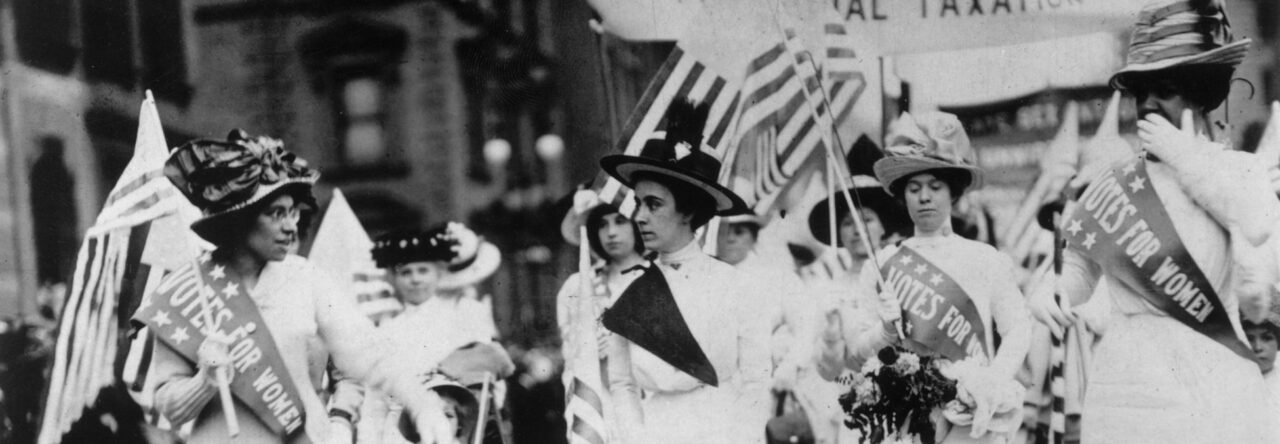On November 3, 1896, William Jennings Bryan awoke early in Omaha, Nebraska. Looking convivial and relaxed, the Democrat ate a hearty breakfast and headed downtown to travel by train to Lincoln in a regular car. Upon his arrival in the capitol, he was surrounded by supporters, a brass band, and joined a parade through town wtih the popular tunes of “Home, Sweet Home” and “Just Tell Them That You Saw Me” playing in the background. Eventually, Bryan arrived in the Fifth Ward at Precinct F to cast his ballot. Just after 11A.M., he went to place his ballots in their box. A Republican called on everyone present at the polling place to uncover – remove their hats – as a respectful salute to Mr. Bryan and his efforts. The Democrat walked outside and declared, “I have done all that I can.”
Mr. Bryan certainly had. He ran one of the most grueling campaigns in history, traveling six days a week by train, speaking for many hours every day and sleeping for not many hours every night. But from the start, he faced a well organized and much better funded Republican campaign touting their nominee, Governor William McKinley of Ohio. Powerful financial interests flooded Republican campaign war chests encouraged by the specter of a populist president who pledged bimetallism in place of the gold standard. The Republican National Committee spent a staggering $3.5 million (equivalent to $3 billion in today’s money if calculated as a share of GDP), while Bryan and his backers spent only $300,000. Yet historian William D. Harpine cautions against overestimating the importance of money in elections: “Money talks in a campaign,” Harpine writes, “but the money helped McKinley only if the message was persuasive.”
Why were moneyed interests funding McKinley and not Bryan? First, Bryan was a Democrat and a populist who won over many citizen voters by extolling the virtues of the common man and railing against corporations. During one speech, Bryan argued that “The man employed for wages is as much a business man as his employer. The farmer who goes out to toil in the morning is as much a business man as the man who goes on the Board of Trade to gamble in stocks.” He was clearly aligning himself with western and mid-western voters by demonizing northeastern interests (and voters). But, even beyond that, there was something called bimetallism, which was Bryan’s foremost campaign issue. Bimetallism (a.k.a. “Free Silver,” in the words Bryan would have used) would have allowed currency to be backed by silver in addition to gold and would greatly expand the money supply. It appealed to voters because it made more money seem more accessible and their debts more manageable; it scared established business interest, particularly banks, because the increase in the money supply would almost certainly be inflationary and would diminish the value of debt owed to them. One Republican poster suggested that free silver would mean prosperity at the level of Guatemala.
Unfortunately for Mr. Bryan, doing “all [he] could” was not enough to win the presidency. The third party “National Democrats” who strongly opposed free silver probably split the Democratic vote and helped Republicans win in states like California and Kentucky. Wealthy and powerful interests donated immense amounts of money to McKinley and the Republicans, and they eventually won out.
That night, Bryan went to sleep defeated but not broken. He would proclaim: “The friends of bimetallism have not been vanquished; they have simply been overcome.” Bryan remained a dominant voice in the Democratic party, shaping the party’s platform and winning the nomination once again four years later, free silver in tow.


Leave a Reply
You must be logged in to post a comment.